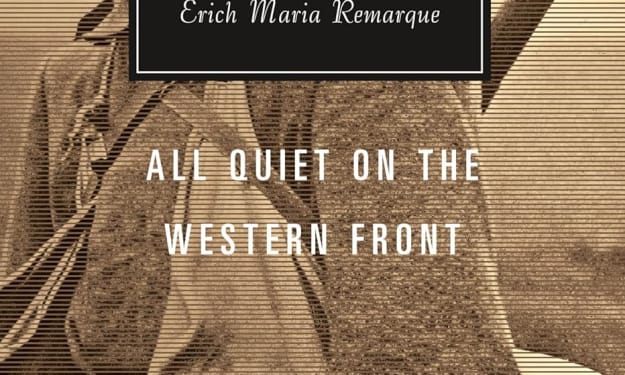Very British Thrillers
Mike Ripley's 'Kiss Kiss, Bang Bang' explores the heyday of British thrillers.

Chances are you've heard of James Bond and George Smiley. You might even have heard of their creators, Ian Fleming and John le Carré. Have you heard of Alistair MacLean, Alan Hall, Francis Clifford, Ted Allbeury, Ian Stuart Black, or James Mayo? All of them were part of an explosion in the thriller genre headed by British authors over a twenty odd year period between the 1950s and 1970s, a period which the noted writer and critic Mike Ripley now examines with his book Kiss Kiss, Bang Bang (itself a paraphrasing of a Fleming quote in fact) which explores this very British contribution to an ever popular genre.

As Ripley willingly admits, this isn't so much a work of literary criticism so much as a reader's guide to the incredible explosion of talent. In a way, the book may be the better for it as Ripley takes the reader on a journey that really begins in the inter-war period, tracing the seeds laid down by writers like John Buchan in novels like The Thirty-Nine Steps, seeds that began to be harvested with the publication of Ian Fleming's first 007 outing Casino Royale in 1953 and really came to the fore in the 1960s, with 1962 being perhaps the peak, thanks in part to the release of the film version of Fleming's Dr. No and to the release of Len Deighton's seminal spy work The IPCRESS File, among other factors. It's a journey that is well worth taking for fans of the genre.
That is largely due to the fact that Ripley isn't content just to hit the well-known stops. Another advantage of his approach to the book being that it is a reader's guide is that he isn't just content to mention the Fleming's and le Carré's as important as they are to the genre (and indeed continue to have popularity well into the 21st century). Ripley is just as keen to mention authors whose books have, sometimes unfairly, come to be overlooked — writers like Francis Clifford and Ted Allbeury, popular in their heyday whose work has been relegated to used bookstores (or as the Brits like to say, secondhand bookshops) or online sites where they can go for silly money at times. Ripley also is able to sift through the myths and legends surrounding writers like Jack Higgins, aka Harry Patterson, and just how many novels he actually wrote before hitting it big with The Eagle Has Landed. The results are informative and engaging the whole way through.

Author Mike Ripley
Something else which makes the book of interest, and where perhaps it does delve a bit into literary criticism, is how it traces the evolution of the thriller genre. What started largely as adventure stories in the years before and immediately after the Second World War eventually branched off into different directions. There continued to be straight adventure tales as exemplified by many of works of Alistair MacLean, for example. Even spy fiction branched off into sub-genres with spy fantasy (usually featuring a large amount of gadgets and exotic locales) reaching a high point in the 1960s, thanks in large to Fleming and 007 with characters like Modesty Blaise, for example, while more realistic spy fiction seems to have had a longer shelf life with writers like Deighton and le Carré leading the pack. Not to mention works where the line between pure adventure and spy fiction were blurred, such as MacLean's Ice Station Zebra. Lastly, Ripley notes how much these British writers paved the way for American thriller writers who came to the fore during the 1970s and 1980s, ranging from Robert Ludlum to Clive Cussler and Tom Clancy. It is on their shoulders that they built their successes, perhaps without even realizing it.
Perhaps the best way of summing up Ripley's work on Kiss Kiss, Bang Bang is that it's like walking into a massive library for the first time. Reading the pages is like browsing shelf after shelf, only to discover books you never knew existed and were delighted to discover. All the while, Ripley is there as a guide, pointing out highlights from writers well-known and forgotten that help the tell the story of these very British thrillers.
About the Creator
Matthew Kresal
Matthew Kresal was born and raised in North Alabama though he never developed a Southern accent. His essays have been featured in numerous books and his first novel Our Man on the Hill was published by Sea Lion Press in 2021.
Enjoyed the story? Support the Creator.
Subscribe for free to receive all their stories in your feed. You could also pledge your support or give them a one-off tip, letting them know you appreciate their work.






Comments
There are no comments for this story
Be the first to respond and start the conversation.